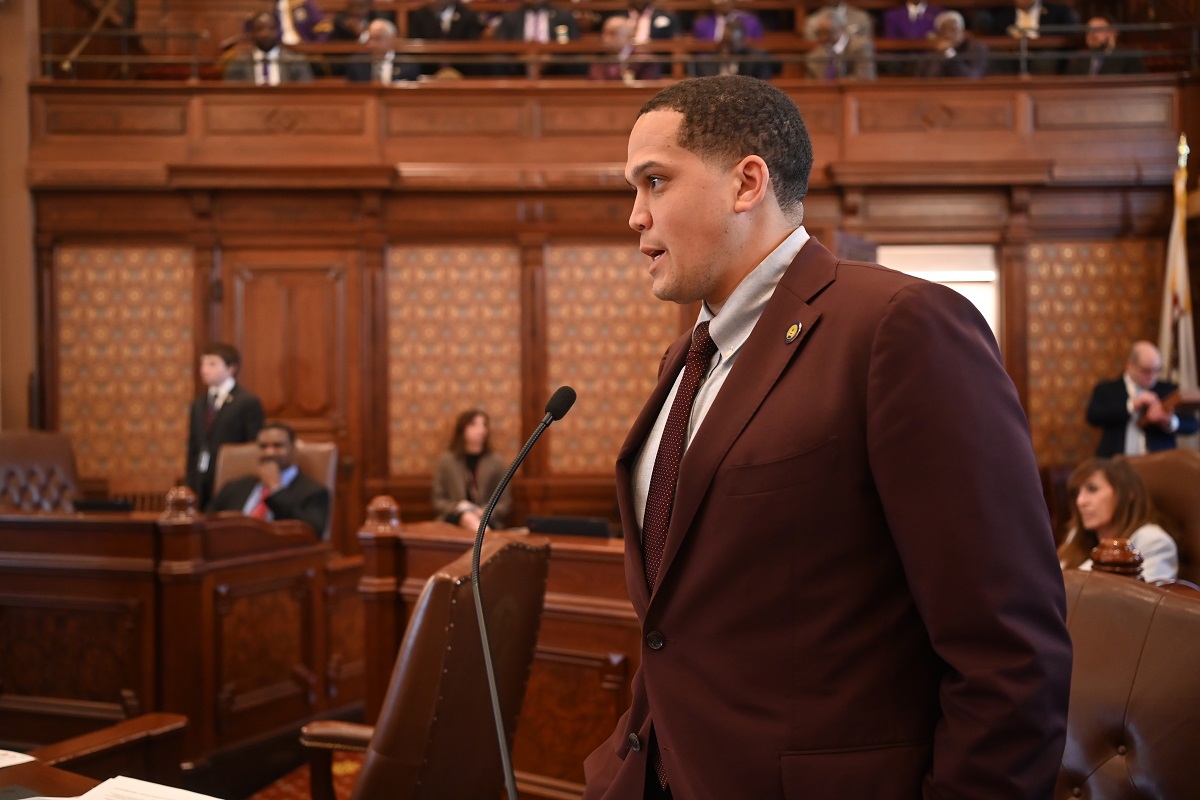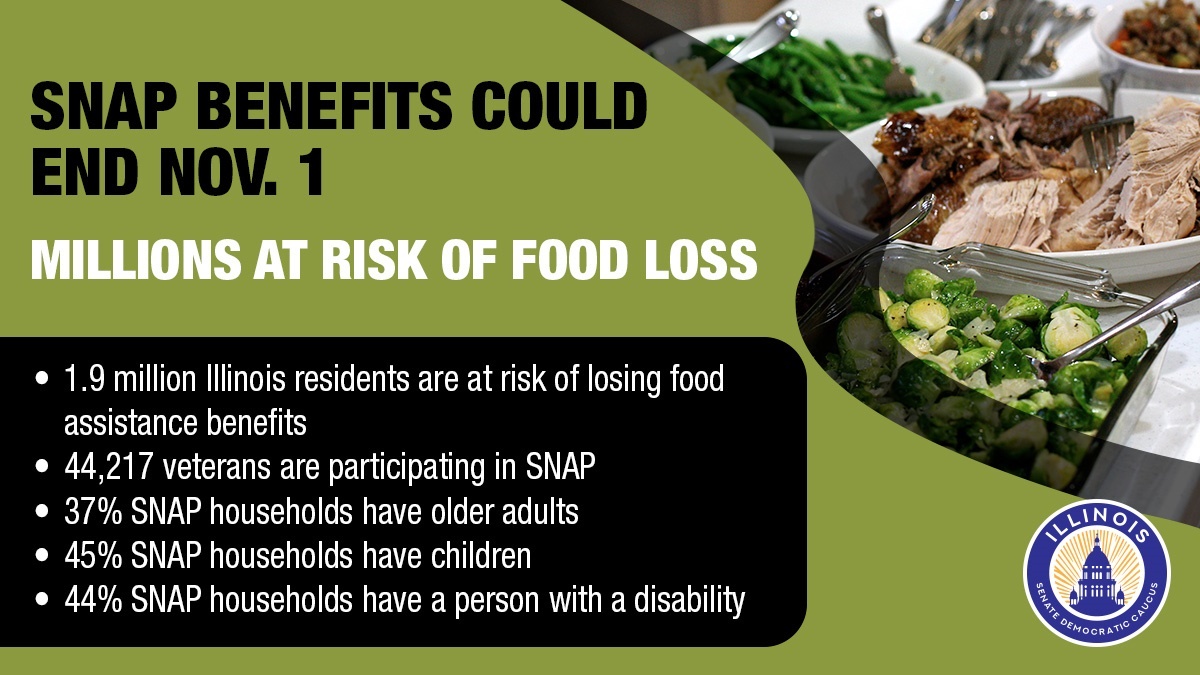Peters measure to create state-run labor mediation program
- Details
- Category: Press Releases
 SPRINGFIELD — State Senator Robert Peters is protecting workers and keeping Illinois’ economy moving with a new pilot program that would ensure unions, employers and public agencies can resolve disputes quickly – even as the federal mediation system faces major cuts.
SPRINGFIELD — State Senator Robert Peters is protecting workers and keeping Illinois’ economy moving with a new pilot program that would ensure unions, employers and public agencies can resolve disputes quickly – even as the federal mediation system faces major cuts.
“With the federal mediation system stretched thin, our pilot program would make sure our state’s workers and employers still have access to trained mediators who can help resolve conflicts quickly and fairly,” said Peters (D-Chicago), chair of the Senate Labor Committee. “This is about giving people a path toward solutions without costly disruptions that affect our residents.”
Peters’ measure would create the Labor Mediation Services Pilot Program to be used in place of the Federal Mediation and Conciliation Service when the federal program is not available. The FMCS is a small, independent federal agency that provides mediation, training and facilitation to resolve labor-management disputes – disagreements between unions and employers. These efforts help avoid costly disruptions in production, services and supply chains, ensuring economic stability and growth.
Peters releases statement following Grayson conviction
- Details
- Category: Press Releases
CHICAGO — State Senator Robert Peters (D-Chicago) released the following statement in response to a jury finding Sean Grayson guilty in the murder of Sonya Massey:
“Sonya Massey’s murder – in her own home – was cruel and unjustified. While nothing will ever bring Sonya back, this verdict is a critical step for addressing systemic racism in law enforcement.
“I stand with Sonya’s family, who have been forced to face the very real and very traumatizing effects of police brutality on Black communities. They deserve better – they deserve for Sonya to be here today – and I remain committed to doing the necessary work to make sure this does not become reality for any other family in our state.”
Peters urges federal administration to prevent SNAP benefit shutdown
- Details
- Category: Press Releases
 CHICAGO — State Senator Robert Peters is calling on the federal administration to resolve the ongoing government shutdown to prevent the cessation of Supplemental Nutrition Assistance Program, or SNAP, benefits, come Nov. 1. Nearly two million Illinois residents rely on SNAP to provide basic nutrition for themselves and their families.
CHICAGO — State Senator Robert Peters is calling on the federal administration to resolve the ongoing government shutdown to prevent the cessation of Supplemental Nutrition Assistance Program, or SNAP, benefits, come Nov. 1. Nearly two million Illinois residents rely on SNAP to provide basic nutrition for themselves and their families.
“The U.S. Department of Agriculture announced that, with the federal government remaining shutdown, no SNAP benefits will be issued on Nov. 1,” said Peters (D-Chicago). “This is devastating news not just for my constituents – including over 17,000 children and 9,000 seniors – but for every single one of the 42 million Americans who rely on these benefits for access to nutritional food.”
SNAP provides critical support for children, seniors, veterans and individuals with disabilities, offering the nutrition they need to live healthy, productive lives. The federal government shutdown – exacerbated by the administration’s unwillingness to compromise on critical funding needed for various programs – threatens to halt these benefits immediately, putting millions at risk of food insecurity, including the 50,329 people in the district Peters represents who rely on SNAP benefits.
Peters responds to federal activity in Southeast Side
- Details
- Category: Press Releases
CHICAGO — State Senator Robert Peters (D-Chicago) released the following statement in response to today’s federal activity at 105th and Avenue N. in Chicago’s Southeast Side:
“Once again, lawless federal agents have wreaked havoc in a Chicago neighborhood today, and, once again, residents gathered to make it clear to the masked agents they are not welcome to terrorize people in our community.
“I am in touch with city officials and legal aid to ensure the estimated nine community members who were abducted by ICE agents today in the Southeast Side have representation and their families are supported, and I will share any additional information about this incident as I receive it.”
More Articles …
Page 3 of 95





